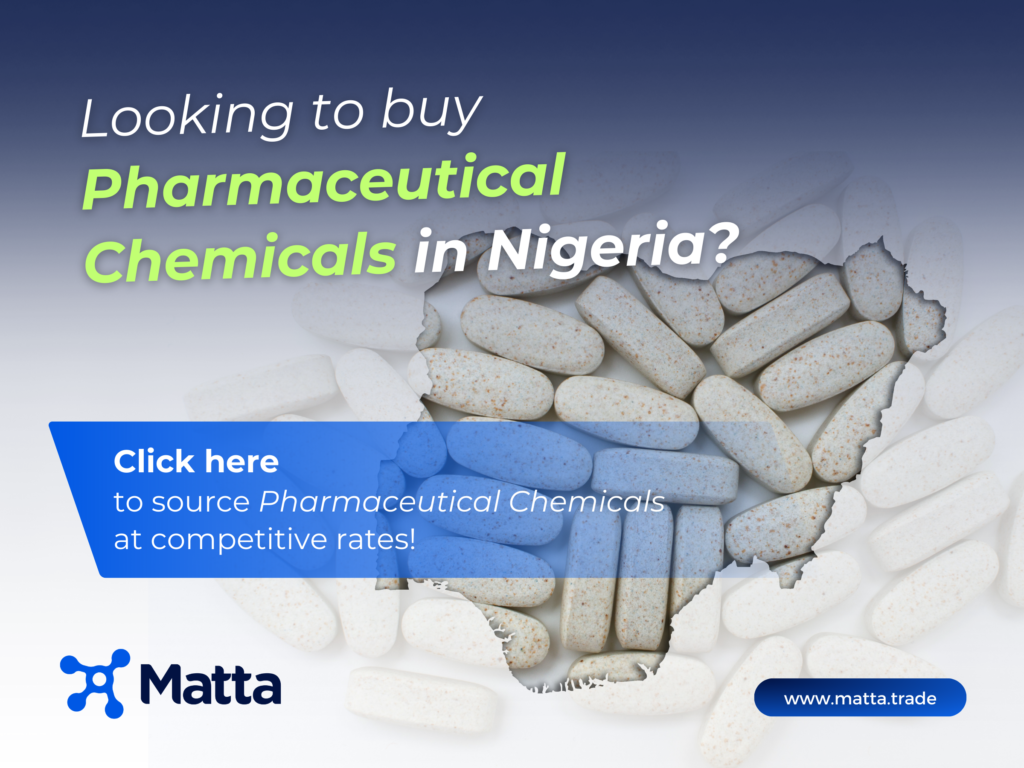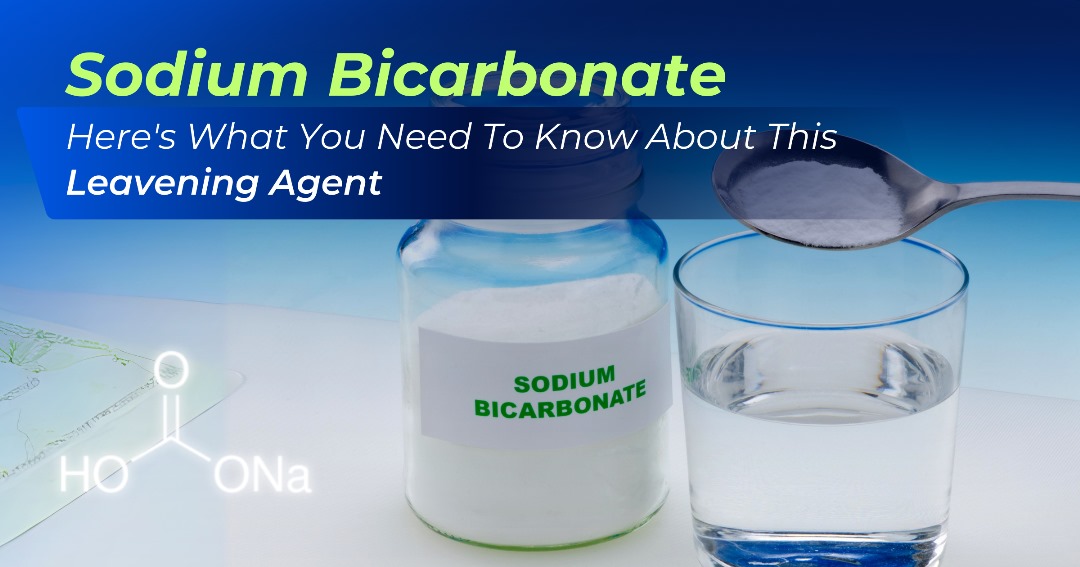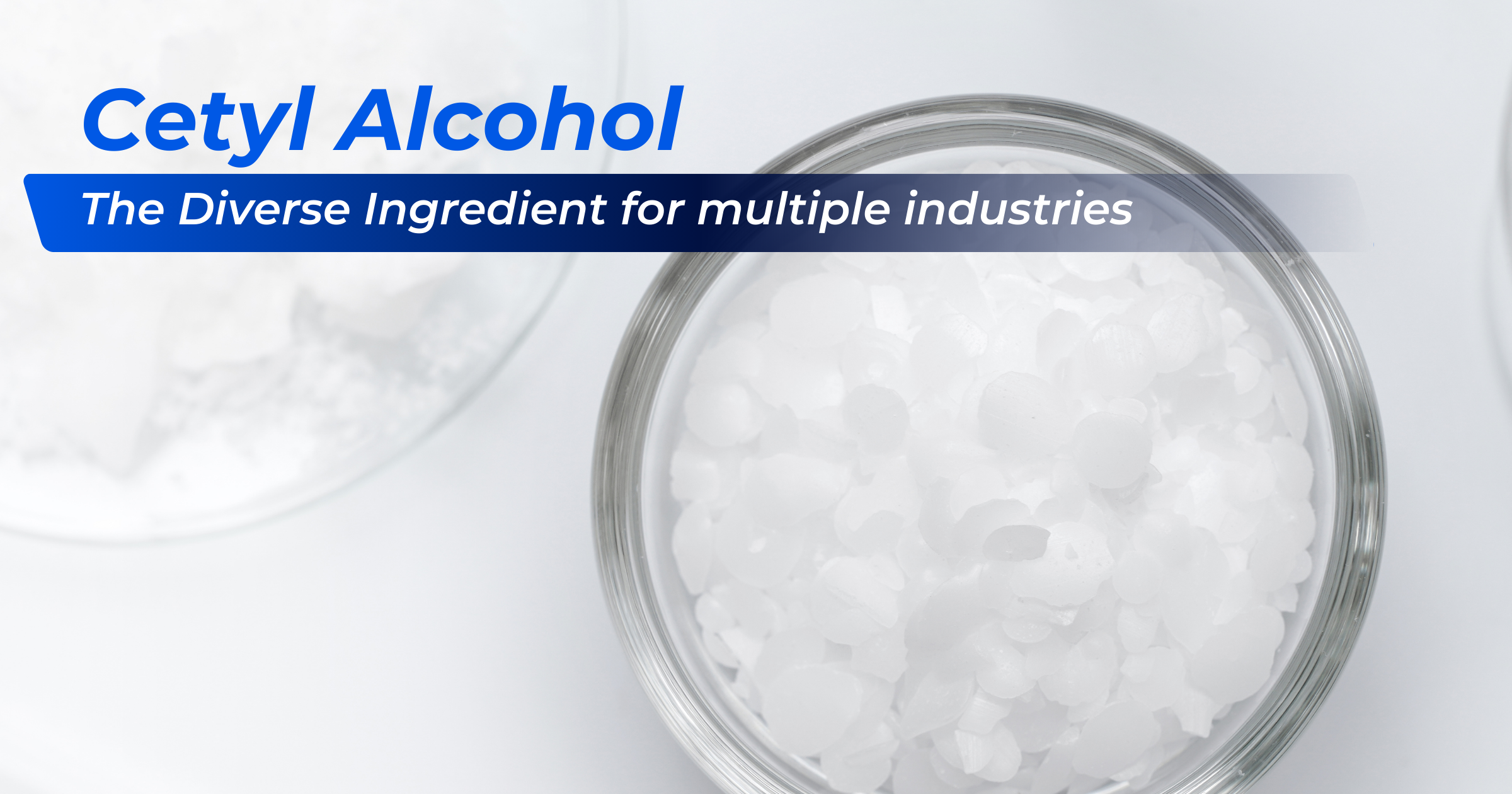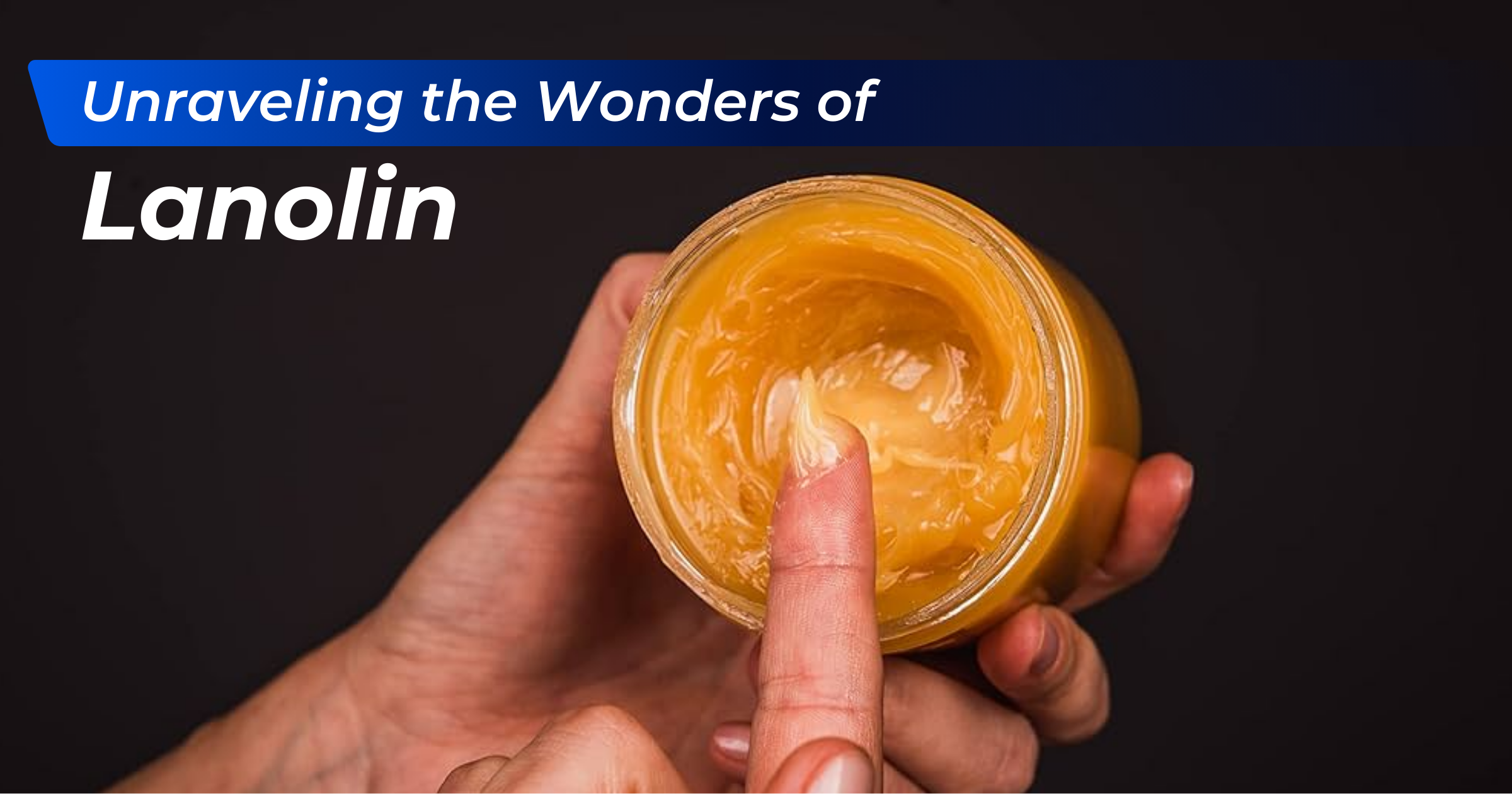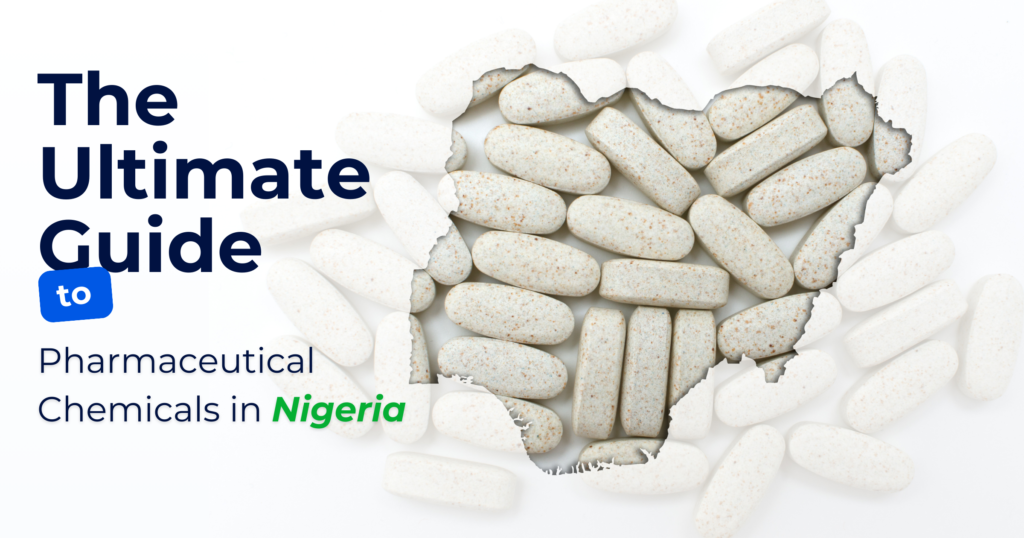
The pharmaceutical industry in Nigeria is a critical component of the nation’s healthcare system and has seen significant growth over the past decades. At the heart of this industry are chemicals, the building blocks of medications and health products. These chemicals are fundamental in producing various pharmaceuticals, from basic pain relievers to complex biologic drugs. The quality, availability, and management of these chemicals directly impact the efficacy, safety, and accessibility of medicines in Nigeria.
The global pharmaceutical industry is a testament to human ingenuity and the relentless pursuit of health and wellness. This vast and ever-evolving sector, valued in the billions, is a cornerstone of modern healthcare, providing lifesaving drugs and treatments to populations worldwide.
Nigeria’s industry is uniquely shaped by the country’s specific health challenges, economic dynamics, and cultural context. As Africa’s most populous nation, Nigeria’s pharmaceutical sector is not just a business; it’s a lifeline crucial to the health and well-being of its people.
High-Quality Pharmaceutical Chemicals
Nigeria’s demand for high-quality pharmaceutical chemicals has surged due to an increasing focus on healthcare and a growing population. This demand has spurred a chain of events leading to the growth in the local pharmaceutical manufacturing sector- and pharmaceutical chemicals are central to this industry’s success. These substances form the foundation of every pill, syrup, and injection, determining the effectiveness and safety of treatments.
This article aims to provide a comprehensive guide to the pharmaceutical chemicals industry in Nigeria. We will explore the most common pharmaceutical chemicals, their applications, and the key players in the market.
We will also delve into the trends shaping this sector, the challenges it faces, and the opportunities it presents. By understanding the landscape of pharmaceutical chemicals in Nigeria, stakeholders can make informed decisions, ensuring the availability of quality medicines and contributing to the nation’s health.
Historically, Nigeria’s pharmaceutical market relied heavily on imported chemicals due to limited local manufacturing capabilities and technological constraints. However, recent years have witnessed a gradual shift. Increased investment in local manufacturing and government initiatives to boost the pharmaceutical sector have begun to reshape the landscape. Today, Nigeria is importing essential pharmaceutical chemicals and gradually becoming self-sufficient in producing some key components
Common Pharmaceutical Chemicals in Nigeria
Nigeria’s pharmaceutical industry uses diverse chemicals to produce various medications. These chemicals are the backbone of the pharmaceutical manufacturing process, each serving a specific purpose in creating effective and safe medications.
The distribution of pharmaceutical chemical suppliers in Nigeria is diverse, covering various regions and offering a range of capabilities. Understanding these suppliers’ geographical spread and specific strengths is critical for businesses and individuals looking to source pharmaceutical chemicals effectively.
Essential Chemicals and Their Applications
Acetaminophen (Paracetamol): A staple pain reliever and fever reducer, widely found in over-the-counter medications and valued for its safety when used as directed.
Aspirin (Acetylsalicylic Acid): Known for pain relief and anti-inflammatory properties, it also reduces the risk of heart attacks and strokes by preventing blood clots.
Caffeine: Often included in pain relief medications to enhance effectiveness, caffeine also serves as a stimulant.
Antibiotics (e.g., Amoxicillin, Ciprofloxacin): Essential for treating bacterial infections, amoxicillin and ciprofloxacin are widely used in Nigeria.
Antiretrovirals (e.g., Zidovudine, Efavirenz): Critical for managing HIV/AIDS and improving quality of life.
Vaccines (e.g., Polio, Measles): Key to preventing infectious diseases in public health efforts.
Insulin: Vital for diabetes treatment, ensuring access for patients is crucial.
Hydrochlorothiazide: A diuretic used to treat high blood pressure and prevent serious health issues.
Each of these chemicals plays a unique role in healthcare. From treating common ailments like fever and pain to managing chronic conditions and preventing infectious diseases, these substances are integral to the health and well-being of Nigerians. The quality, availability, and proper use of these chemicals are paramount to effective healthcare delivery.
Primary Dealers in Pharmaceutical Chemicals in Nigeria
The distribution of pharmaceutical chemicals in Nigeria involves a complex network of suppliers and dealers. These entities play a crucial role in ensuring the availability and accessibility of essential chemicals for drug manufacturing and healthcare services.
Key Types of Dealers
- Local Manufacturers: These companies based in Nigeria produce pharmaceutical chemicals locally. They are vital for reducing import dependency and strengthening the country’s pharmaceutical self-sufficiency. Local manufacturers often supply a range of chemicals, focusing on those most in demand within the Nigerian market.
- Importers and Distributors: Many pharmaceutical chemicals are still imported into Nigeria. Importers and distributors specialize in sourcing these chemicals from international markets and making them available to local manufacturers and pharmacies. They play a key role in bridging the gap between global suppliers and the Nigerian market.
- Wholesalers: Wholesalers purchase pharmaceutical chemicals in bulk and distribute them to retailers, hospitals, and pharmacies. They are essential in the supply chain, ensuring that chemicals reach different parts of the country.
- Retailers: These are the local pharmacies and drug stores where end-users and small-scale healthcare providers can purchase pharmaceutical chemicals. Retailers are crucial for making these chemicals accessible to the general public.
The Role of Online Marketplaces
In recent years, online marketplaces have become a significant channel for distributing pharmaceutical chemicals in Nigeria. Platforms like Matta provide a convenient and efficient way for buyers to connect with a wide range of suppliers, offering a variety of chemicals. These online marketplaces are becoming increasingly popular due to their ability to offer competitive pricing, quality assurance, and a broad selection of products.
Regardless of the type of dealer, quality assurance and compliance with regulatory standards are paramount. Dealers must adhere to strict quality control measures and regulatory requirements to ensure the safety and efficacy of the pharmaceutical chemicals they distribute.
Trends in the Pharmaceutical Chemicals Market in Nigeria
The pharmaceutical chemicals market in Nigeria is experiencing several key trends shaping its future. Understanding these trends is crucial for stakeholders to navigate the market effectively. They include;
Increased Local Production:
There’s a growing emphasis on boosting local manufacturing of pharmaceutical chemicals in Nigeria. This trend is driven by the government’s policies to encourage local production, reduce import dependency, and improve healthcare self-sufficiency. Local manufacturers are increasingly investing in expanding their production capabilities and diversifying their product range.
Technological Advancements:
The adoption of new technologies in the manufacturing and distribution of pharmaceutical chemicals is on the rise. This includes advancements in production processes, quality control, and supply chain management. Technology is also playing a significant role in the emergence of online marketplaces, revolutionizing how pharmaceutical chemicals are bought and sold.
Focus on Quality and Standards:
There is an increased focus on quality assurance and adherence to international standards. This is partly due to the global integration of pharmaceutical markets and the need to meet the standards required for export. It also reflects a growing awareness among consumers about the importance of quality in pharmaceutical products.
- Expansion of Generic Drugs: The Nigerian market is seeing a significant increase in the demand for generic drugs. This is due to their affordability compared to branded drugs, making them more accessible to a larger segment of the population. Local manufacturers are responding to this trend by focusing more on producing generic pharmaceuticals.
- Government Initiatives and Policies: The Nigerian government is shaping the pharmaceutical chemicals market through various initiatives and policies. These include tax incentives for local manufacturers, import restrictions on certain pharmaceuticals to encourage local production, and investments in healthcare infrastructure.
- Global Partnerships and Collaboration: There is a growing trend of partnerships and collaborations between Nigerian pharmaceutical companies and global entities. These partnerships are aimed at technology transfer, capacity building, and access to international markets.
These trends are profoundly impacting the pharmaceutical chemicals market in Nigeria. They drive innovation, improve quality standards, and make pharmaceutical products more accessible to the Nigerian population. For companies like Matta, these trends present opportunities to contribute to and benefit from the evolving landscape of the pharmaceutical chemicals market in Nigeria.
Locations and Capabilities of Pharma Chemical Suppliers in Nigeria
Each region’s suppliers have developed specializations based on local demands and available resources. For instance, suppliers in coastal regions like Lagos may have an advantage in importing and distributing imported chemicals. In contrast, suppliers in the northern regions like Kano may focus more on locally sourced and traditional pharmaceutical ingredients.
Lagos State Suppliers:
- Specialization: Broad spectrum of pharmaceutical chemicals, including specialized and high-demand chemicals.
- Capabilities: Strong importation channels for global pharmaceutical ingredients, advanced warehousing facilities, and robust logistics networks for nationwide distribution.
- Clientele Focus: Large pharmaceutical manufacturers, research institutions, and high-volume retail pharmacies.
Ogun State Suppliers:
- Specialization: Bulk raw materials for drug manufacturing, including active pharmaceutical ingredients (APIs) and excipients.
- Capabilities: Cost-effective sourcing solutions, large-scale storage capacities, and efficient supply chain management for bulk orders.
- Clientele Focus: Medium to large-scale pharmaceutical manufacturers and compounding pharmacies.
Anambra State Suppliers:
- Specialization: Traditional and herbal medicine ingredients, niche pharmaceutical chemicals catering to regional preferences.
- Capabilities: Expertise in sourcing and supplying indigenous herbal compounds and natural extracts, focusing on quality and authenticity.
- Clientele Focus: Herbal medicine manufacturers, regional pharmaceutical companies, and alternative medicine practitioners.
Kano State Suppliers:
- Specialization: Locally sourced pharmaceutical ingredients, including traditional medicinal compounds and basic pharmaceutical chemicals.
- Capabilities: Strong regional supply chain networks, expertise in local market dynamics, and connections with suppliers in neighbouring countries.
- Clientele Focus: Northern pharmaceutical manufacturers, local pharmacies, and traditional medicine markets.
Abuja Suppliers:
- Specialization: High-quality, regulatory-compliant pharmaceutical chemicals, including specialized APIs and high-purity solvents.
- Capabilities: Focus on quality assurance, national and international standards compliance, and strategic partnerships with global suppliers.
- Clientele Focus: Government health institutions, private hospitals, and high-end pharmacies.
Integrating these diverse suppliers into online marketplaces like Matta is revolutionizing the pharmaceutical chemical market in Nigeria. Matta’s platform provides visibility to these suppliers and offers a streamlined, efficient, and transparent procurement process. This integration is particularly beneficial for smaller suppliers, giving them access to a larger market and enabling competitive pricing and better service offerings.
Regulatory Framework and Compliance in the Nigerian Pharmaceuticals Chemical Market
The regulatory framework governing the pharmaceutical chemicals market in Nigeria is a critical aspect that ensures the safety, efficacy, and quality of pharmaceutical products. This framework is overseen by several government agencies, with the National Agency for Food and Drug Administration and Control (NAFDAC) playing a central role.
Key Regulatory Bodies and Their Roles
- NAFDAC: Responsible for regulating and controlling the manufacture, importation, exportation, distribution, advertisement, and use of pharmaceutical chemicals. NAFDAC ensures that all pharmaceutical products in Nigeria meet set standards of quality, safety, and efficacy.
- Pharmacists Council of Nigeria (PCN): Regulates and controls pharmacy practice in Nigeria, including distributing and dispensing pharmaceutical chemicals.
- Standards Organisation of Nigeria (SON): Involved in setting quality standards for pharmaceutical chemicals and ensuring compliance with these standards.
Compliance Requirements
- Registration and Licensing: All pharmaceutical chemicals must be registered with NAFDAC, and suppliers must obtain the necessary operating licenses.
- Quality Control: Suppliers must adhere to Good Manufacturing Practices (GMP) and ensure their products meet the specified quality standards.
- Labelling and Packaging: Strict guidelines govern the labelling and packaging of pharmaceutical chemicals to ensure safety and provide essential information to consumers.
Challenges in Regulatory Compliance
- Counterfeit Chemicals: The market faces challenges with counterfeit and substandard chemicals, which pose significant health risks.
- Regulatory Delays: Suppliers often encounter delays in the approval and registration processes, impacting the timely availability of chemicals.
- Compliance Costs: Small and medium-sized enterprises sometimes need help with the financial burden of compliance, impacting their ability to compete in the market.
Challenges and Opportunities in the Nigerian Pharmaceutical Chemical Market
At matta, every challenge is an opportunity to innovate and create sustainable solutions. With this dual perspective, we innovate to create solutions for various caders of clients, meeting their needs at every point.
Challenges Facing the Market
- Supply Chain Disruptions: The pharmaceutical chemical market in Nigeria often faces challenges with supply chain disruptions, which can be attributed to infrastructural issues, importation delays, and regulatory bottlenecks. These disruptions can lead to shortages and increased costs of pharmaceutical chemicals.
- Quality Control Issues: Ensuring consistent quality of pharmaceutical chemicals remains a significant challenge. Counterfeit or substandard chemicals in the market pose risks to public health and undermine trust in the pharmaceutical industry.
- Limited Research and Development (R&D): The R&D sector in Nigeria’s pharmaceutical industry is still developing. Limited investment in research leads to a reliance on imported technologies and formulations, hindering innovation in locally produced pharmaceutical chemicals.
- Financial Constraints: Many pharmaceutical companies and chemical suppliers face financial challenges, including limited access to funding and high operational costs, which can impede growth and development in the sector.
Opportunities for Growth and Development
- Government Initiatives and Support: Recent government initiatives aimed at boosting local production of pharmaceuticals present opportunities for growth in the pharmaceutical chemical market. Policies encouraging local manufacturing and investment in healthcare infrastructure can stimulate the industry.
- Public-Private Partnerships: Collaborations between the government and private sector can improve infrastructure, create better regulatory frameworks, and enhance quality control mechanisms, creating a more robust pharmaceutical chemical market.
- Technological Advancements: Embracing technological advancements, such as digitalization in supply chain management and e-commerce platforms like Matta, can streamline operations, improve efficiency, and expand market reach.
- Educational and Training Programs: Investing in education and training programs for professionals in the pharmaceutical industry can enhance skills, foster innovation, and ensure adherence to international quality standards.
- Exploring Export Markets: As the Nigerian pharmaceutical chemical market matures, exploring export opportunities can open new revenue streams and position Nigeria as a key player in the global pharmaceutical industry.
Matta’s Impact on Nigeria’s (Pharmaceutical) Chemical Market
Matta plays a pivotal role in ensuring that pharmaceutical companies in Nigeria have access to high-quality chemicals. By aggregating a wide range of suppliers, Matta offers a diverse selection of pharmaceutical chemicals, ensuring companies can find the specific compounds they need.
- Matta streamlines the procurement process by offering a centralized online platform where pharmaceutical companies can easily compare prices, verify quality, and make purchases. This efficiency reduces sourcing time, allowing companies to focus on product development.
- Additionally, Matta promotes transparency by providing detailed supplier information, fostering trust in the market. By supporting local manufacturers, Matta helps them expand their reach, boosting the local pharmaceutical industry.
- Furthermore, Matta advocates for quality and compliance, setting high standards for suppliers.
- Ultimately, Matta addresses market challenges through innovative solutions, enhancing the efficiency and reliability of Nigeria’s pharmaceutical chemical market.
Wrapping up
For those in the pharmaceutical industry looking to source chemicals, Matta offers a comprehensive marketplace that simplifies the process of chemical trading. With a focus on quality and reliability, Matta connects buyers with a diverse range of suppliers to meet all their pharmaceutical chemical needs.
In conclusion, this guide highlights the pharmaceutical chemicals industry’s vital role in Nigeria’s healthcare system and economy. It serves as a valuable resource for industry professionals and newcomers alike.
As the sector evolves, staying informed will be crucial for success. Looking ahead, Matta plans to enhance its impact by expanding the supplier network, adopting advanced technologies, and fostering partnerships for sustainability and innovation.
Our vision is to become a leading marketplace for pharmaceutical chemicals in Nigeria, driving growth and development in the sector. Join us on this exciting journey as we revolutionize Africa’s chemical industry.
Thank you for reading.
